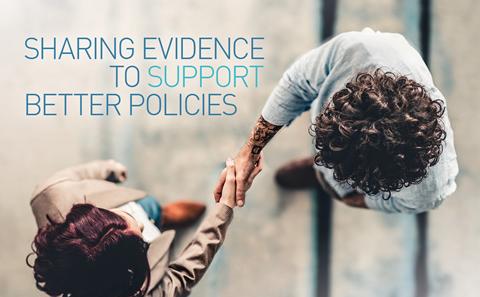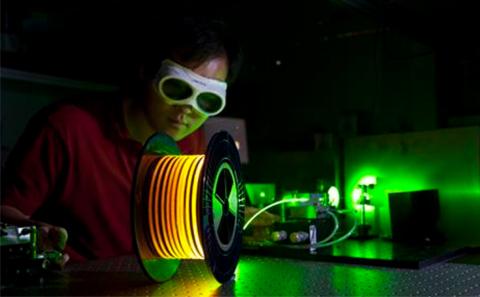
Policy Projects
Learn about PPS led current collaborative projects between the University of Southampton researchers and UK Government and Parliament.
Imagine if, whenever a loo wasn’t available when you needed it, you found yourself leaking urine or stool. This is called incontinence, and is the everyday reality for more than 200 million men, women and children worldwide, whose wellbeing is critically reliant on effectively containing the urine or stool. How would you manage?
How would you get the information and products you need to manage?
The onset of incontinence is often unexpected and shocking. Working out what to do, how to get the right help and access the best products is complicated given the wide range of options. At the School of Health Sciences’ Bladder & Bowel Management Group, we developed the Continence Product Advisor website (CPA) to deliver research-based information and technologies that enable people with incontinence to make informed choices and manage their incontinence confidently. Developed in partnership with the International Continence Society, the CPA provides multimedia information independent of commercial influence.
How does the Continence Product Advisor help find the products that work best for you?
There are thousands of products available, and deciding which work best and getting hold of them is a challenge. One user said: “If you’ve never experienced anything like this before then it is easier I think to go out and buy a super yacht than to buy pads”.
Working with users, we developed an evidence-based interactive product selection tool that has been tested and built into the CPA. Answering a few key questions – such as what help is needed or what kind of leakage you have – will guide you to products that research has shown would be most likely to suit your needs.
With more than a million visits so far, the CPA has been welcomed by users, professional organisations such as the Association for Continence Advice, and consumer organisations worldwide. Users have found that their confidence improves through use of this tool: “The value of the website is inestimable … I find the website incredibly helpful to guide both patients and caregivers in the selection of appropriate products.”
Minimising environmental impact
Continence products are usually non-biodegradable and thrown away after one use. Although reusable alternatives exist, they are not readily available. An example is intermittent catheters (tubes) for emptying the bladder. We have developed an evidence-based cleaning method, based on the Milton™ cold water sterilising method, to allow the safe re-use of certain types of intermittent catheter. This has allowed the manufacture and licensing of the world’s first reusable, biodegradable intermittent catheter and a disinfectant-impregnated wipe for cleaning and reusing ‘on the go’.
How do people manage in low-income countries?
Incontinence is even harder to manage in low-income countries due to a lack of suitable and affordable products. This is a priority for the World Health Organization (WHO), who sought our expert advice on developing minimum standards for reusable and disposable absorbent products. We based these on our international standardisation research, designed to harmonise the language and terminology used for continence products worldwide. WHO have used these standards for introducing both reusable and disposable continence products in countries that would otherwise struggle to supply their populations.
What alternatives are there to the incontinence pad?
It might be surprising to know that a penile ‘clamp’ is an effective means of preventing leakage for men. It’s perhaps less surprising that they have problems with comfort! Working with men, we have designed a new clamp that is comfortable and easy to use. Our prototype is showing promise in preliminary testing and we are working with an industry partner to develop the final product.
Professor Mandy Fader, Dr Jacqui Prieto, Dr Cathy Murphy, Margaret Macaulay, Dr Sandra Wilks, Bladder & Bowel Management Research Group, Health Sciences

Learn about PPS led current collaborative projects between the University of Southampton researchers and UK Government and Parliament.

Click here to listen to our Policy Podcast series. In each episode we speak to UoS researchers and experts, about their experiences confronting critical issues in the domestic and foreign policies.

Guidance on the many channels available to researchers to engage with policymakers.

Guidance on things to consider in the science to policy process and useful tips in planning and costing your impact activities.